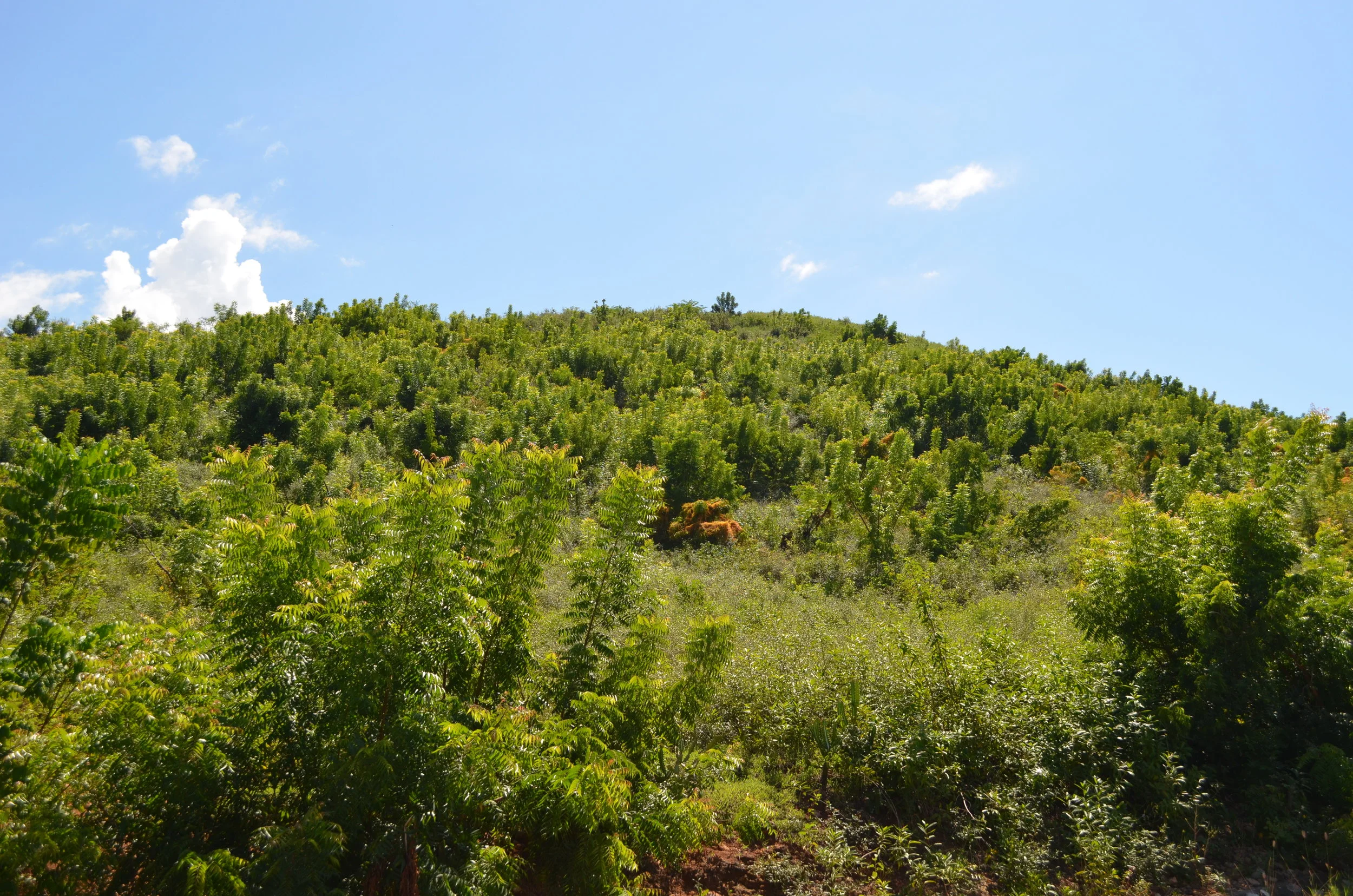I am happy to announce that a paper that I have been working on for many years has finally been published in Brittonia this past week! The paper focuses on ten species in the genus Miconia (Melastomataceae), the largest genus in the family. These ten species all occur in the northern Andes in Colombia and Venezuela and the Sierra Nevada de Santa Marta and Coastal Cordillera of Venezuela, with one species endemic to Jamaica. This study illustrates the importance of field and herbarium collections. Herbaria document the world’s flora and provide a permanent record of botanical diversity. This is particularly important for endangered and threatened species such as those in the Miconia ulmarioides complex.
Read MoreTwo interns were selected from a pool of applicants to work along side me and learn the molecular techniques that have been the basis of my Ph.D. research. They learned how to extract plant DNA from leaves, use PCR to target specific gene regions, Cycle Sequencing to get the DNA sequence of the targeted gene region and were introduced to next-generation sequencing.
Read MoreFor the last two weeks, we have had a very special visitor at FIU and FTBG, Tracy Commock, Director of the Natural History Museum of Jamaica. I met Tracy, a fellow botanist, in 2014 and she has since become a great colleague and friend. Tracy has been paramount in developing a collaboration between UWI and FIU through an inter-institutional official agreement already in place between these two universities. I took her out for ice cream and we chatted about life as a botanist in Jamaica.
Read MoreI have just returned from a very exciting research trip to Cuba where I made collections in the western part of the country. Parque Nacional Guanahacabibes, located on the western most tip of Cuba in Pinar del Rio province, is very isolated, especially from tourism, and it was here that I saw the densest, most beautiful population of Plumeria that I have ever seen.
Read MoreI recently went to a talk given by Drs Doug and Pam Soltis, who are botanists at the University of Florida. They discussed their work on molecular systematics and evolutionary genetics. Their talk was so inspiring that I’d like to talk about how we use DNA molecules and how it all fits into the bigger puzzle of life. The Soltis’s focused specifically on the portion of their work involving the Tree of Life.
Read MoreMost people know that botany is the study of plants, but what does it actually mean to be a botanist? For me, studying plants means inspecting the subtle and sometimes grandiose differences between species. Documenting life on Earth as it is increasingly threatened is imperative in my opinion. If we don’t know what exists in an area, how can we properly implement conservation strategies to preserve Earth’s beautiful biodiversity?
Read MoreI recently visited Everglades National Park, and was reminded again that it is one of the most serene places I have ever been to. The Everglades is the largest subtropical wetland ecosystem, sometimes called “The River of Grass”, channeling vital water southward, essentially a very slow-moving river. This unique habitat contains endemic plants and animals, species not found anywhere else in the world.
Read MoreI’ve become more aware of my plastic consumption after a recent trash pickup hosted by Debris Free Oceans and decided that this year’s New Year Resolution will be to be more actively conscious of the plastic that I consume. Though I’m spending the holidays in the snow in New York on the Canadian border where I grew up, living in Miami for the last few years, marine debris hits me particularly close to home.
Read MoreI have a unique graduate fellowship through the Education Department at Fairchild where I help run the Fairchild Challenge Program. The Fairchild Challenge is a multidisciplinary science competition that schools participate in across South Florida. Challenges are designed with the goal of reaching a large diversity of students. All challenges ask students to research and observe the natural world around them. We have three citizen science challenges that span all three levels and engage students in real authentic research opportunities which otherwise lack from standard classroom settings.
Read MoreAs a tropical botanist, my research and training has taken me all over the tropics. During a recent fieldwork trip to Haiti I was reminded that even seasoned researchers can be awed by the sheer scope of biodiversity that exists within our tropical rainforests, or in this case lack thereof. Upon first glance, the roadside slopes of Haiti look awfully green, but look again and you’ll notice that it’s all one shade of green: Neem.
Read More








